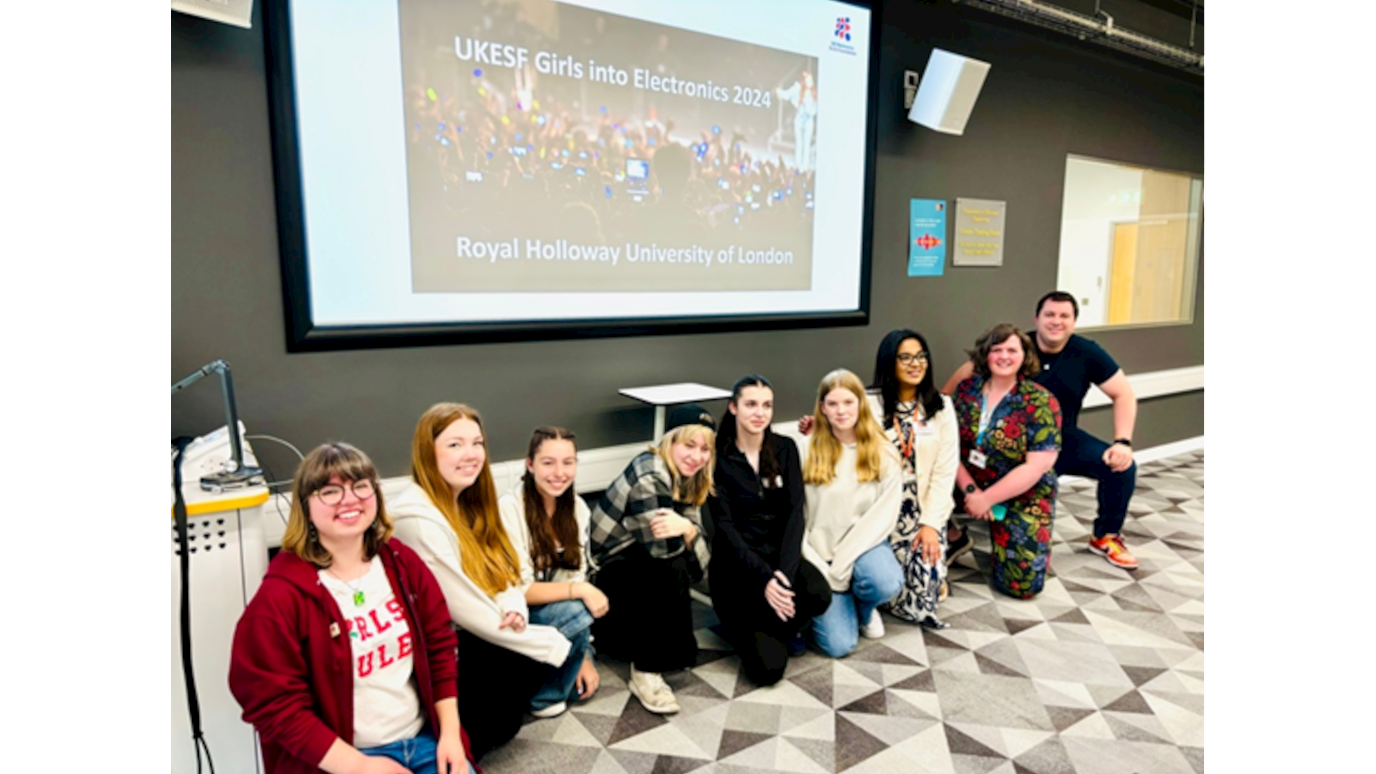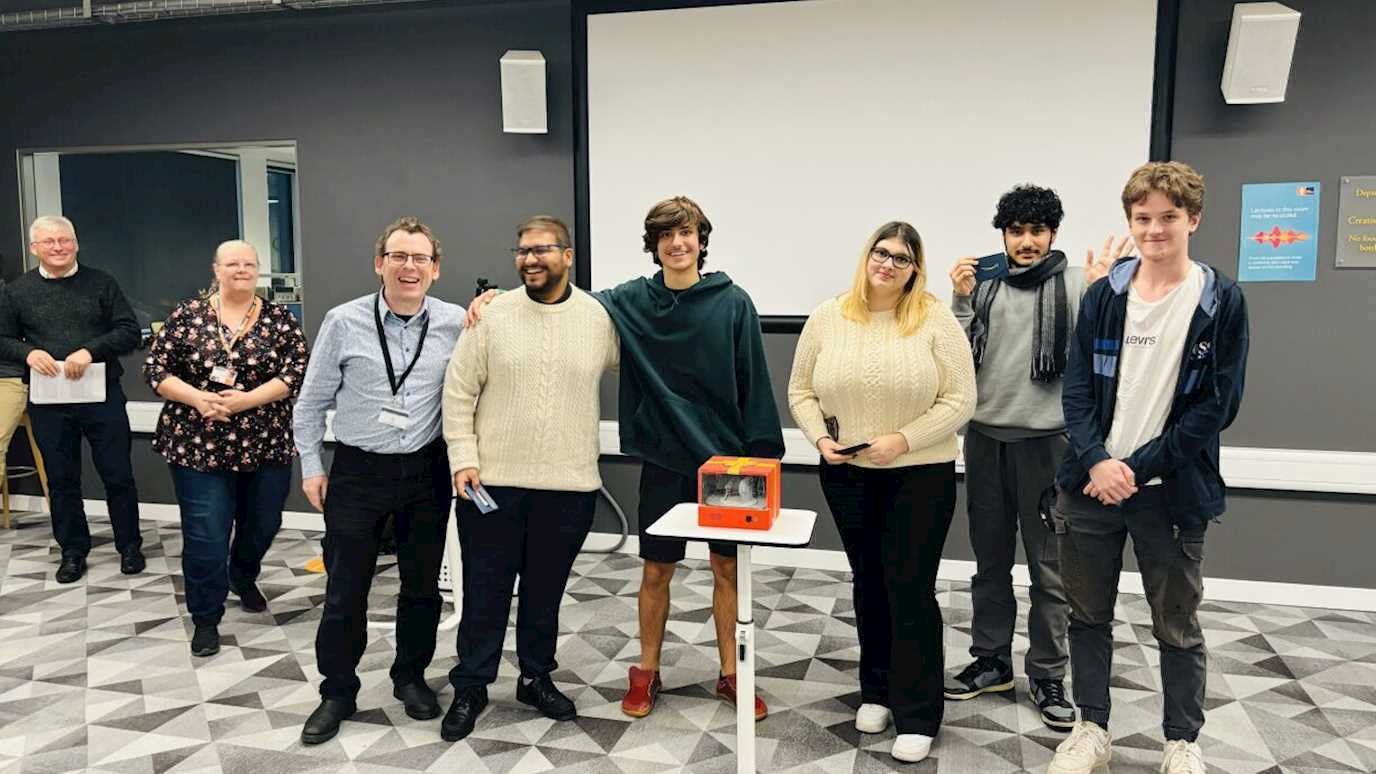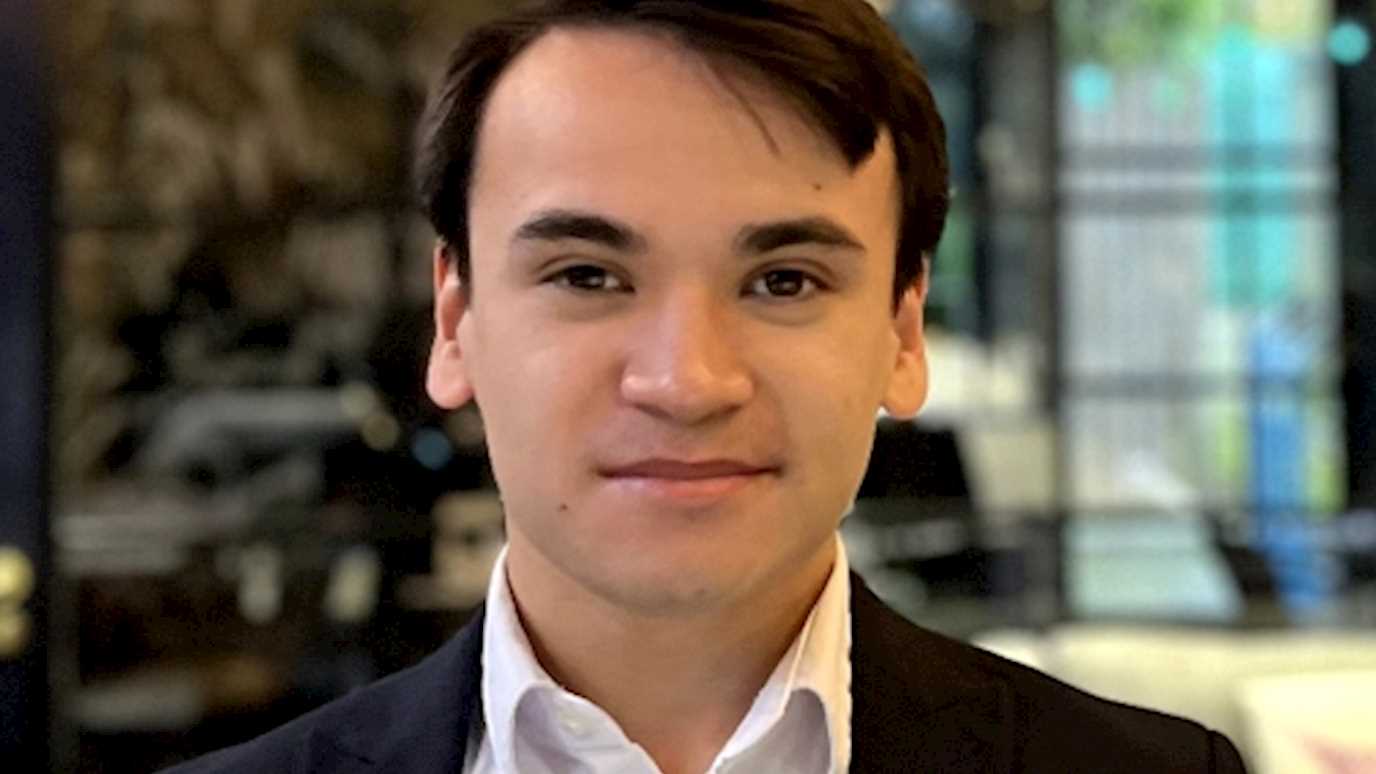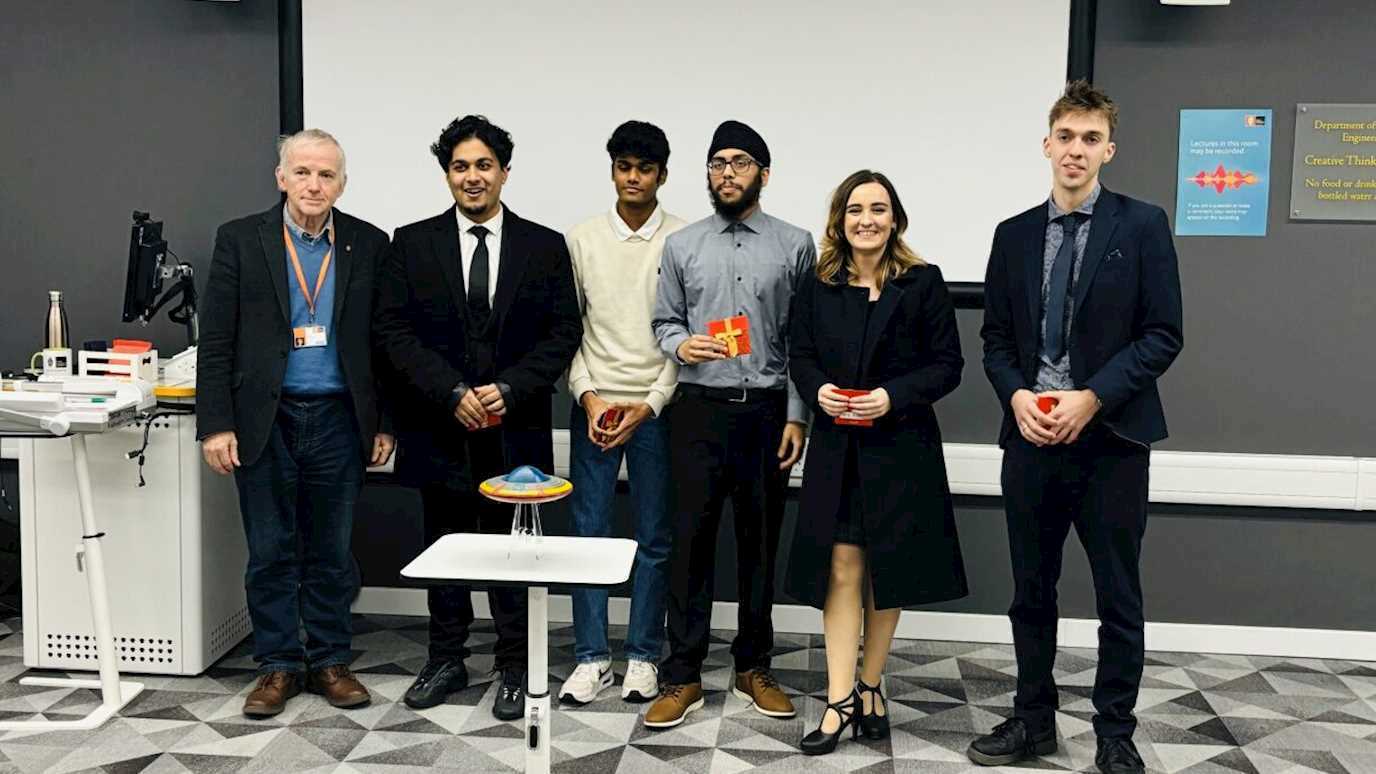An academic from Royal Holloway, has secured a share of £3.6M from PETRAS National Centre for IoT Systems Cybersecurity, for a project that explores cyber threats in the interaction between home Internet of Things (IoT) devices, smart meters and Demand-Side Management (DSM) technologies – systems that encourage the public to optimise their energy use.
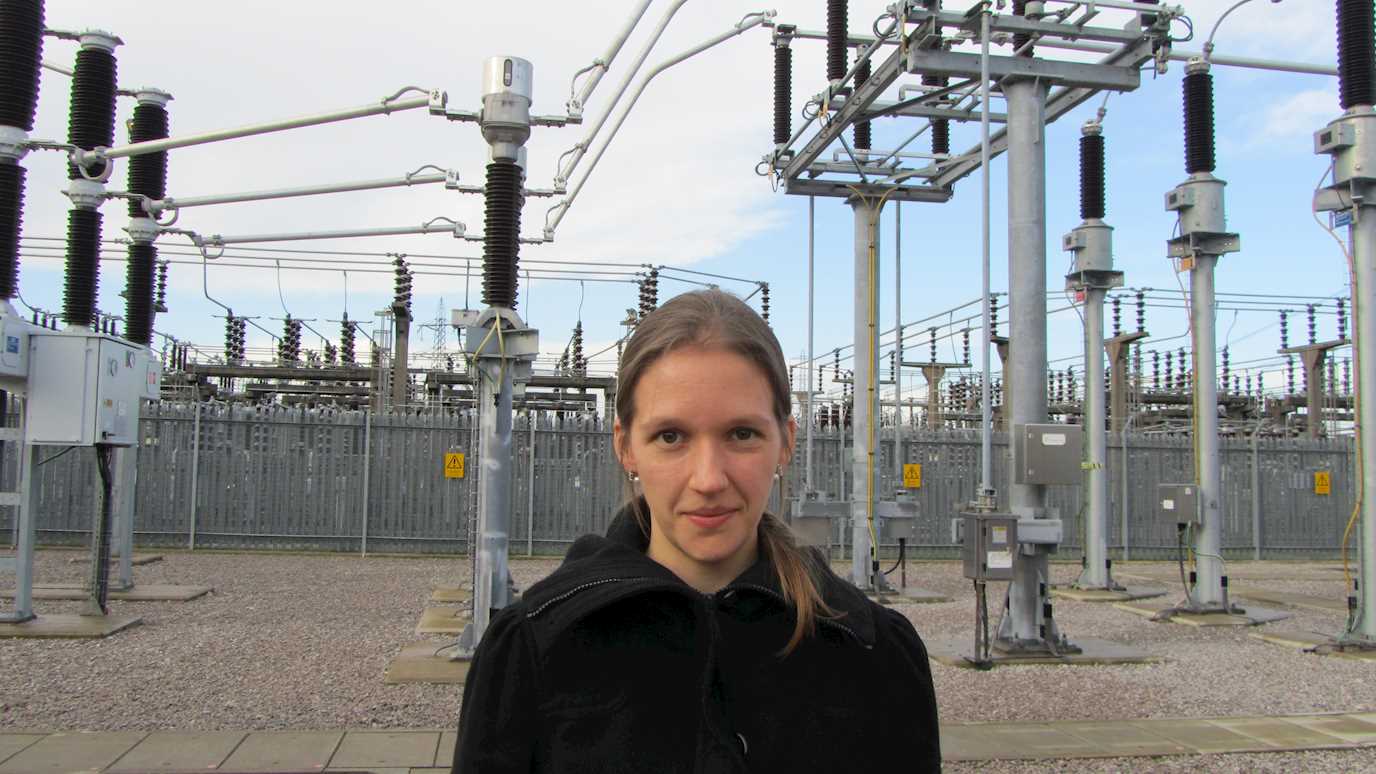
Dr Stefanie Kuenzel, Department of Electronic Engineering at Royal Holloway
The PrivIoT project - in collaboration with the University of Northumbria, University of Manchester and the University of Nottingham – seeks to prevent potential cyber threats through home devices, such as energy smart meters, with wider systems connected to the internet.
These technologies offer important functionalities for the National Grid as well as convenience and economic savings for us all, but they do this by tracking the activities we carry out in the privacy of our own homes.
Dr Stefanie Kuenzel is Head of the Power Systems Group at Royal Holloway’s Department of Electronic Engineering, and brings expertise in Power Systems aspects, in particular Smart Meters. She will lead the technical development package of the project, and commented:
“This collaboration between Royal Holloway, the universities of Northumbria, Manchester and Nottingham, further including OTASKI Energy Solutions, Toshiba, and CybSafe is a fantastic opportunity to put the privacy, security and agency of users first. This is of particular importance as data from various technologies is blended and combined in ways which are not transparent to the individual.”
The PrivIoT research project aim is to provide all end users effective tools around privacy, security and personal safety, specifically with a focus on the UK Government’s smart meter rollout with home IoT devices, smart meters and DSM technologies.
The funding will enable the researchers to do a technological review and rapid evidence assessment of the state of the art, citizen-centred awareness and communication explorations, as well as the development of conceptual visualisation tools to support public awareness.
When further integrated with consumer IoT devices in the home, the interactions between these devices, smart meters and DSM could result in a multitude of cyber threats. These threats will be considered from the perspective of privacy, security, and personal safety.
The UK Government is targeting a complete rollout of smart meters in homes by the end of 2024, and rollouts of DSM technologies will follow to ensure efficient power usage. As these technologies become more popular and embedded in to our daily lives, it is crucial to understand the harms/crimes that can be associated with them, especially now that many of us are spending more time at home.
The PETRAS National Centre for Excellence has awarded £3.6m for 18 new research projects to research institutes across the UK to tackle cybersecurity at the edge of the internet.
These new research projects add to PETRAS portfolio of work and look to answer social and technical cybersecurity challenges of edge devices and systems, whilst considering issues such as privacy, ethics and trust in these technologies. These include security in the home, Critical National Infrastructure (CNI), agriculture, healthcare and wellbeing and in cashless payment systems.
Digital Infrastructure Minister, Matt Warman, said: “The need for cutting-edge cyber security has never been greater and this significant investment will help keep people and businesses secure online so we can build back safer from the pandemic.
”We have a world-leading cyber sector which plays a crucial role protecting the country and our digital economy, so it is vital we continue to see investment of this kind to help tackle the ever-evolving cyber security challenge.”
Dr Stefanie Kuenzel has been an investigator on relevant past projects addressing cutting edge, real-world emerging problems: ‘ELA: Ethics and Laws of Algorithms’ exploring the social and ethical issues that arise and emerge when computers manage our households and our workplace, and ‘Understanding and Mapping Shadow Infrastructures and TIPS in COVID and post-COVID times’.










